Communities that don't speak English or French
English and French are the most spoken languages in Canada. But almost 5 million Canadians mainly speak a different language at home. Out of these, about 580,000 Canadians do not speak either English or French. In Canada, people speak more than 324 languages.
For people with cancer who can't speak English or French or both, communication can be challenging throughout their cancer experience. Some healthcare providers primarily speak English or French, depending on where they work in Canada. This language barrier can make it harder to understand medical information, leading to worse healthcare outcomes. In the context of cancer, not being able to speak English or French can be a significant obstacle to getting cancer screening and treatment.
People in this community have various unmet needs, including access to quality online cancer information, programs tailored to their culture, resources in different languages and trustworthy sources of information.
No one should face a cancer diagnosis alone or lack access to the information and care they need. But for people that don’t speak English or French and their loved ones, there can be unique challenges and barriers that make a cancer experience more difficult than it needs to be. The Canadian Cancer Society (CCS) acknowledges its responsibility to provide cancer information, support and practical services to communities that don’t speak English or French, as well as advocate for healthy public policy and fund research focused on advancing health equity.
Who are communities that don't speak English or French in Canada?
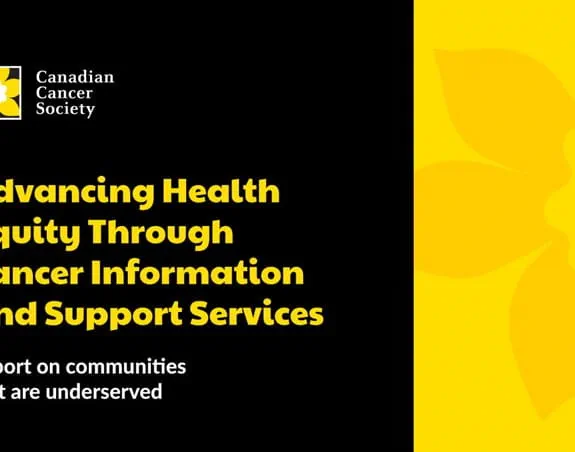
CCS has released Advancing Health Equity Through Cancer Information and Support Services: Report on communities that are underserved. The report describes the gaps, barriers and challenges faced by 10 identified underserved communities, including communities that don’t speak English or French. It offers insight on how to better engage with and improve supports for these communities who, like all people in Canada, deserve access to cancer care.

Our programs and services
Our cancer information, support and practical programs are for everyone in Canada, but here are ways that they support people that don’t speak English or French in particular.

Cancer information
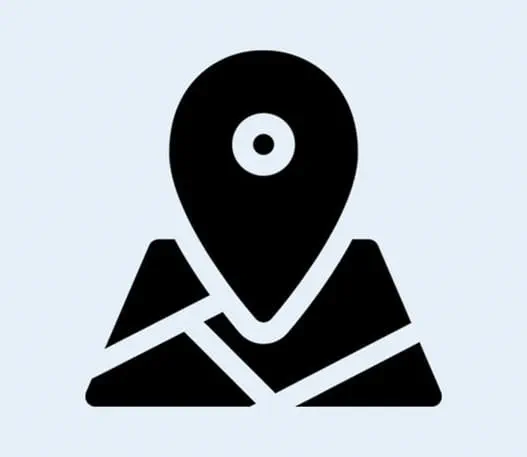
Community Services Locator
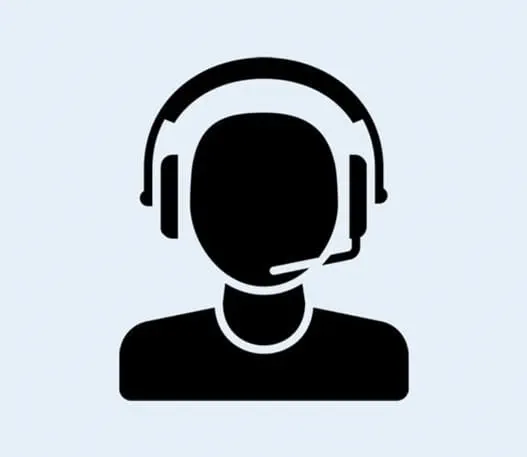
Cancer Information Helpline
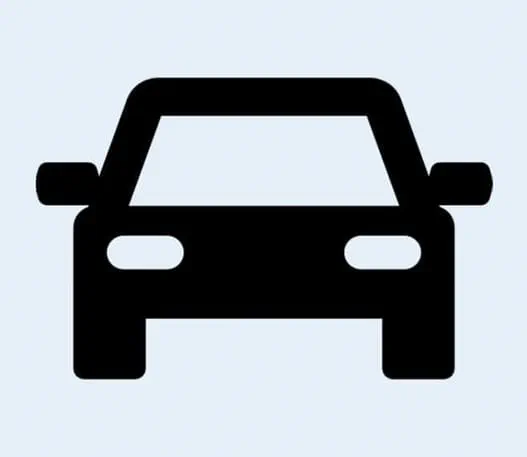
Wheels of Hope
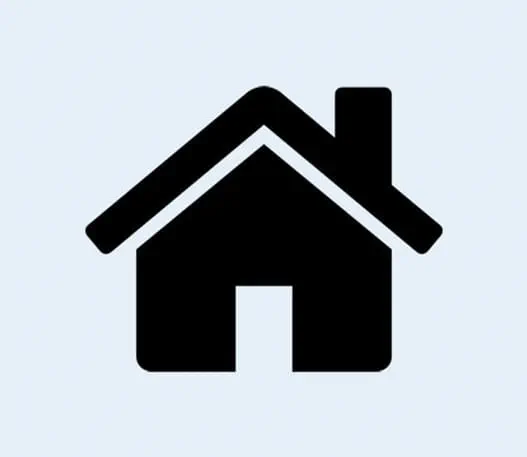
Accommodations
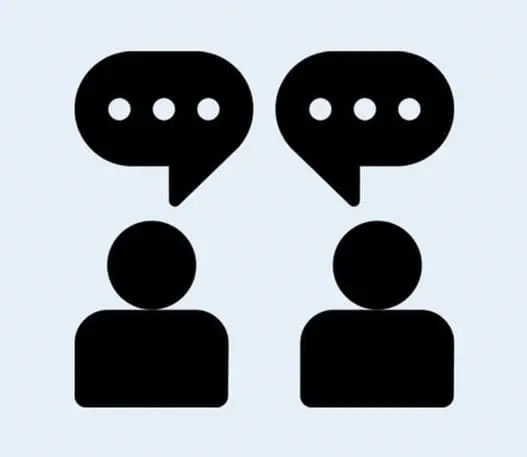
Online cancer support community

Support for newcomers to Canada

